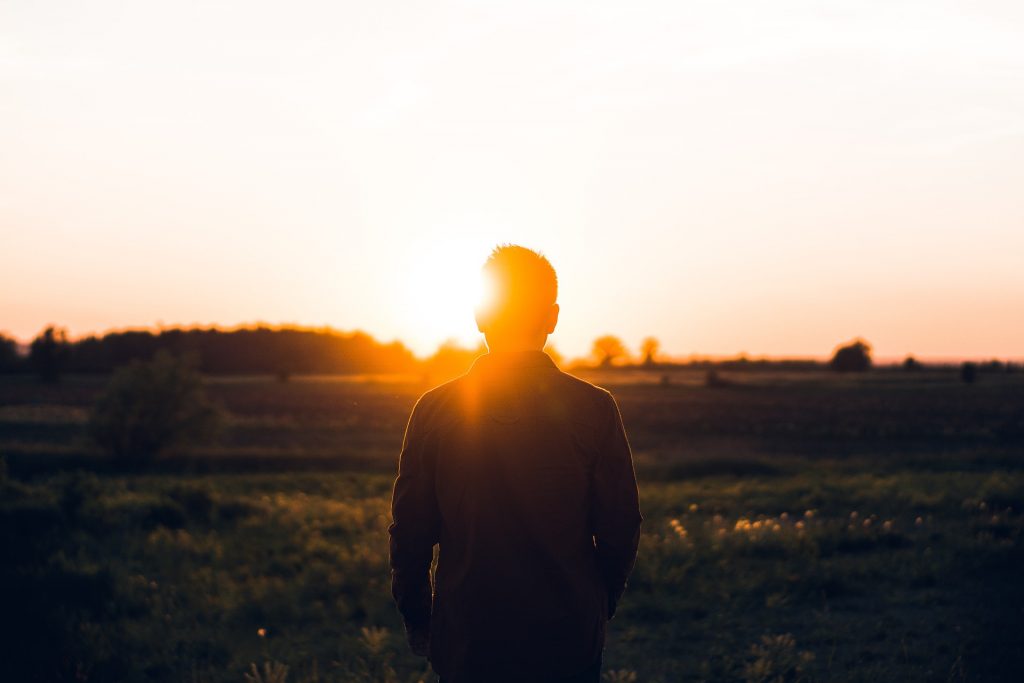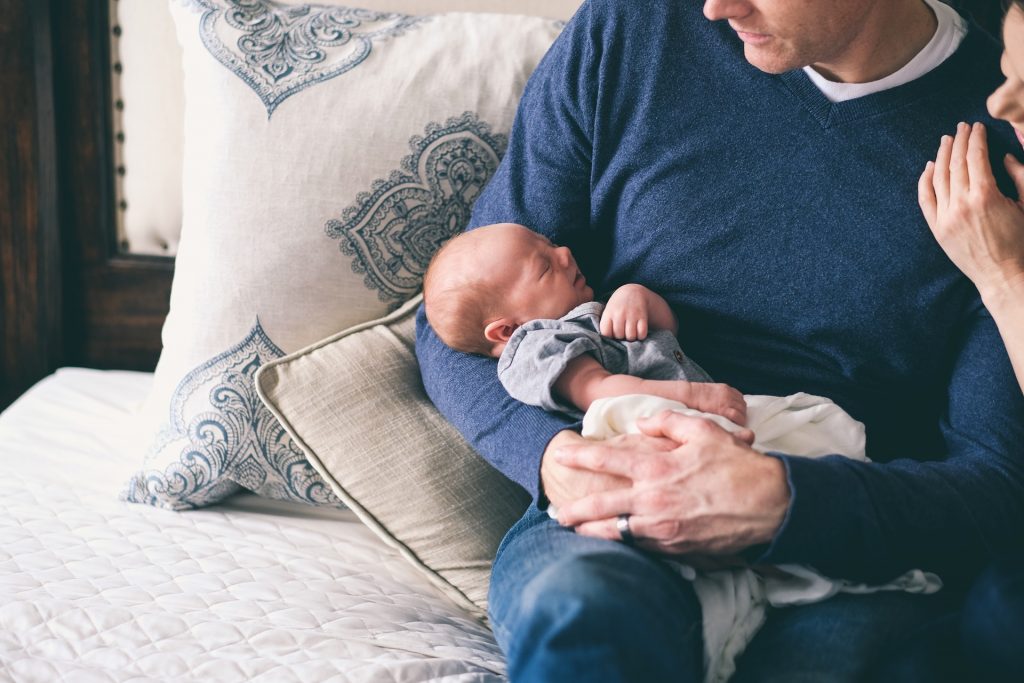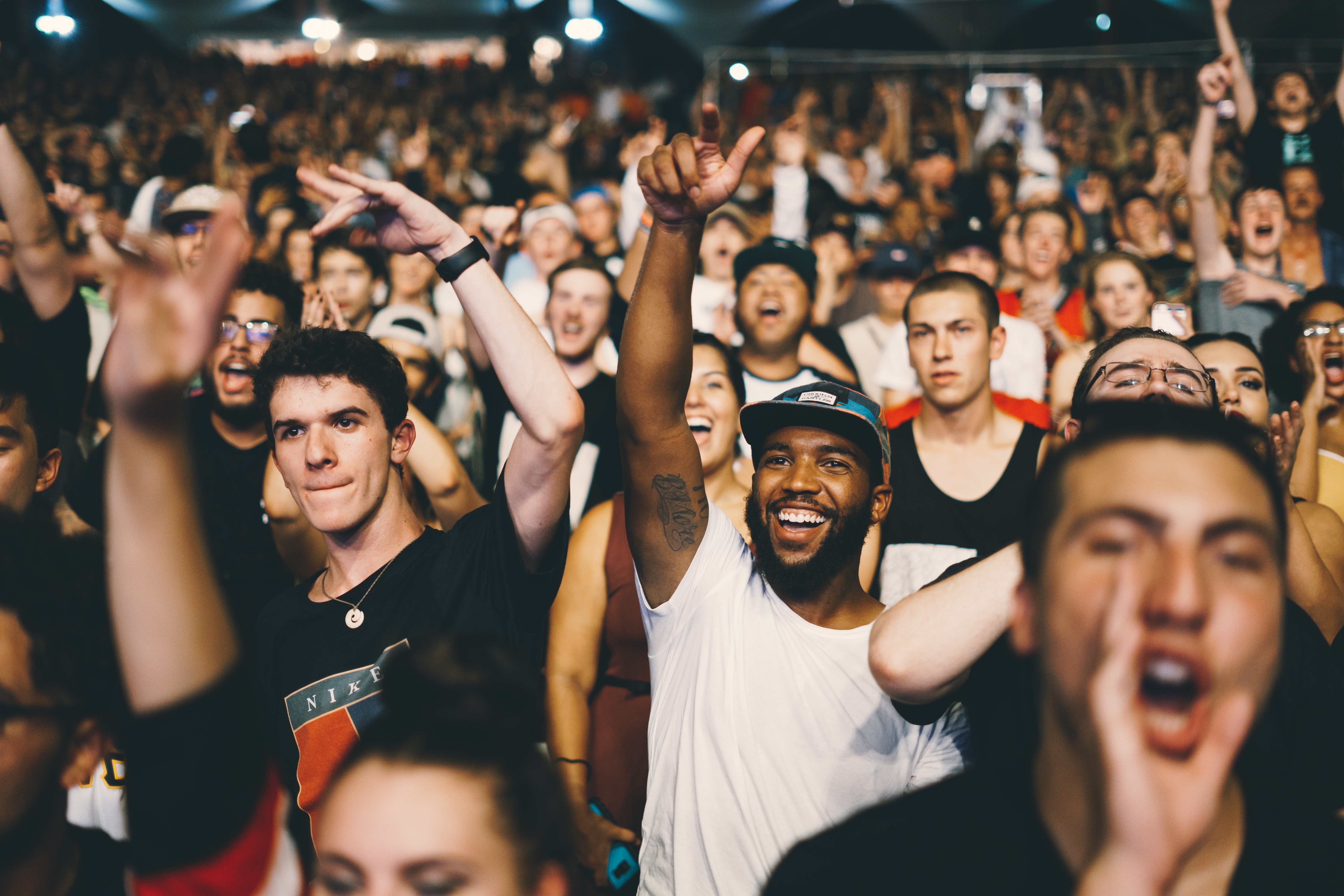The theme of International Men’s Day 2017 is ‘Celebrate Men and Boys’. It focuses on men’s and boys’ health, improving gender relations, promoting gender equality, and highlighting positive male role models.
It is also an occasion for us to celebrate men’s contributions to community, family, marriage, and child-care. So, are human rights relevant to this, and does International Men’s Day have any relevance to women too? The answer to both questions is yes.
Helping to Reduce Male Suicide
 Image Credit: StockSnaps / Pixabay
Image Credit: StockSnaps / Pixabay
The biggest killer of men under 45 in the UK is suicide. That means suicide kills more young men than car crashes, or cancer, or extreme sports. In nearly 75 percent of suicides in the UK, the victim is male. Why?
Many scientists and suicide prevention charities agree that part of the reason is expectations placed on men by traditional gender roles. Men are expected to be tough, stoic and not talk about their feelings. This means they are less likely to seek help when they have mental health issues.
The traditional role of ‘male provider’ also means that men can feel a more acute sense of shame and defeat when they are unemployed. As unemployed people are 2-3 times more likely to die from suicide than people in work, this puts men more at risk.
It is vital that men have access to mental health services and are encouraged to get help. Of course, this goes well beyond human rights law. But human rights provide safeguards for people who need mental health treatment in hospital, ensuring there is a duty of care and that there is no delay to their release. Suicide has also declined amongst inpatients in mental hospitals due to better safety precautions. The Human Rights Act has been pivotal in improving these precautions, as a result of cases like that of Melanie Rabone.
Getting Justice for Preventable Deaths in Combat
 Image Credit: Ministry of Defence
Image Credit: Ministry of Defence
Men make up the vast majority of deaths in combat. For example, of the 179 British servicemen and women that died in Iraq, more than 97 percent were men.
Some deaths in combat are preventable. Human rights play a key part in making sure these deaths are investigated, and the Ministry of Defence is held to account when they have not provided for our soldiers properly.
For example, Private Phillip Hewett was killed by a roadside bomb along with two of his colleagues while travelling in a lightly armed “snatch” Land Rover in 2005. In total, 37 members of the British Armed Forces died in these vehicles in Iraq and Afghanistan – so many they became known as “mobile coffins”.
After a 12 year legal battle, a court found that failing to provide these soldiers with proper equipment to protect them from roadside bombs violated their right to life under Article 2 of the Human Rights Convention.
Protecting Men’s Role in the Family
 Image Credit: StockSnap / Pixabay
Image Credit: StockSnap / Pixabay
The International Men’s Day website refers to the discrimination suffered by men in the family court system (usually cases about divorces and sharing custody of children).
The question of whether there is discrimination against men in the UK’s family courts is actually complex and does not have a clear answer. But human rights promote equality in the family law system by helping to ensure that all parents, whether they are men and women, have equal rights to a family life.
For example, when a mother tried to put a child up for adoption without the father knowing, the European Court of Human Rights decided this was a violation of the father’s right to respect for his family and private life.
Improving Gender Relations
 Image Credit: Pixabay
Image Credit: Pixabay
Recently we have seen a wave of sexual harassment revelations about well-known figures like Harvey Weinstein, MPs and US Senators.
This is part of a new conversation that involves both the liberation of women and changing ideas about masculinity.
The link between masculinity and the objectification of women is being challenged. And human rights are part of that conversation. Article 3 of the Human Rights Convention says women have the right to be free from degrading treatment. Human rights laws also place a duty on the police to investigate rape claims, helping to ensure that rape claims are taken seriously.
These protections may not appear to ‘benefit’ men. But ensuring that all forms of sexual harassment are unacceptable helps to break the link between masculinity and the objectification of women. This, in turn, leaves men freer to define themselves by their talents or their personalities – not through ‘lad’ culture.
International Men’s Day is Relevant to All of Us
From this we can begin to see that the liberation of men is actually intricately tied with the liberation of women. Removing the expectations of ‘lad’ culture leaves men freer to be themselves, as well as liberating women.
Improving men’s mental health and ensuring soldiers have adequate protection improves the lives of those men and the wives, partners, mothers and sisters around them. Making sure men’s contribution to family life is protected and celebrated is better for them, their children and helps to give women the capacity to be breadwinners if they want to be. International Men’s Day is for everyone.







